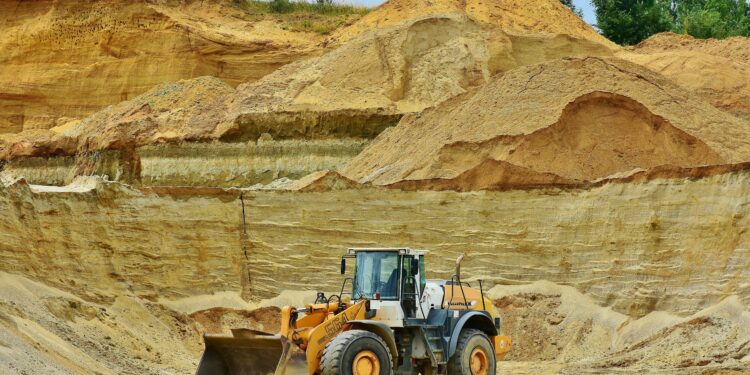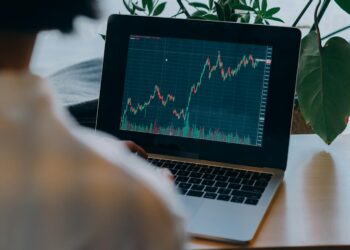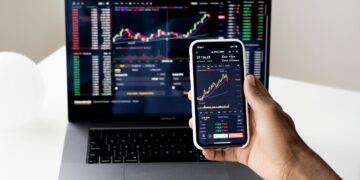White House pushes for up to 10% ownership in Thacker Pass project as part of $2.26B loan renegotiation
The Trump administration is negotiating for an equity stake of up to 10% in Lithium Americas Corp. (LAC) as it revisits terms of the company’s $2.26 billion Energy Department loan for the Thacker Pass lithium project in Nevada, according to sources familiar with the talks.
The move highlights the administration’s increasingly hands-on approach to shaping industries deemed vital to national security, following similar equity deals with Intel, MP Materials, and other strategic firms. A White House official confirmed support for the project but emphasized the need to protect taxpayers, stating, “There’s no such thing as free money.”
Thacker Pass, located near Nevada’s border with Oregon, is slated to become the largest lithium source in the Western Hemisphere when it opens in 2028. Construction has been underway for nearly a year, with more than 600 contractors on site. The project is central to U.S. efforts to establish a domestic lithium supply chain, reducing reliance on China, which dominates global refining capacity.
Phase one of Thacker Pass is expected to produce 40,000 metric tons of lithium carbonate annually, enough to power batteries for 800,000 electric vehicles. By comparison, U.S. lithium production currently totals less than 5,000 metric tons per year, far behind leaders Australia, Chile, and China.
The Energy Department’s Loan Programs Office approved the $2.93 billion project financing under the Biden administration, with repayment terms extending 24 years at Treasury-based rates. However, Trump officials are pressing for revised terms amid concerns about repayment capacity as lithium prices sag due to Chinese oversupply.
Shares of Lithium Americas surged by nearly 80% in after-hours trading following reports of the negotiations, underscoring investor optimism that government backing could secure the project’s future despite volatile market conditions.
You might like this article:Micron Projects Strong Revenue on AI-Driven Chip Demand











